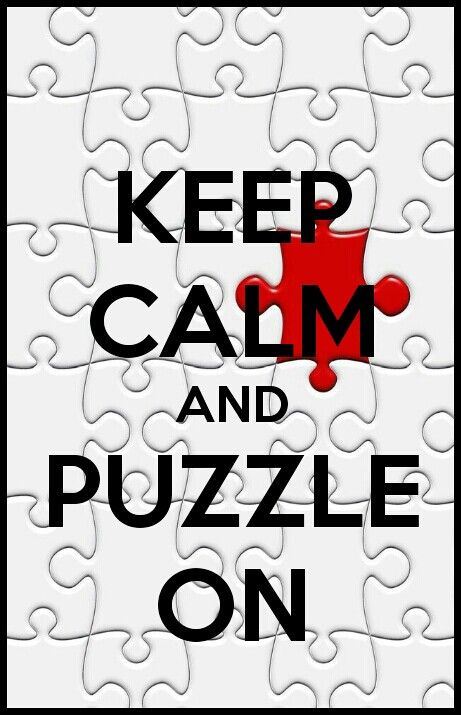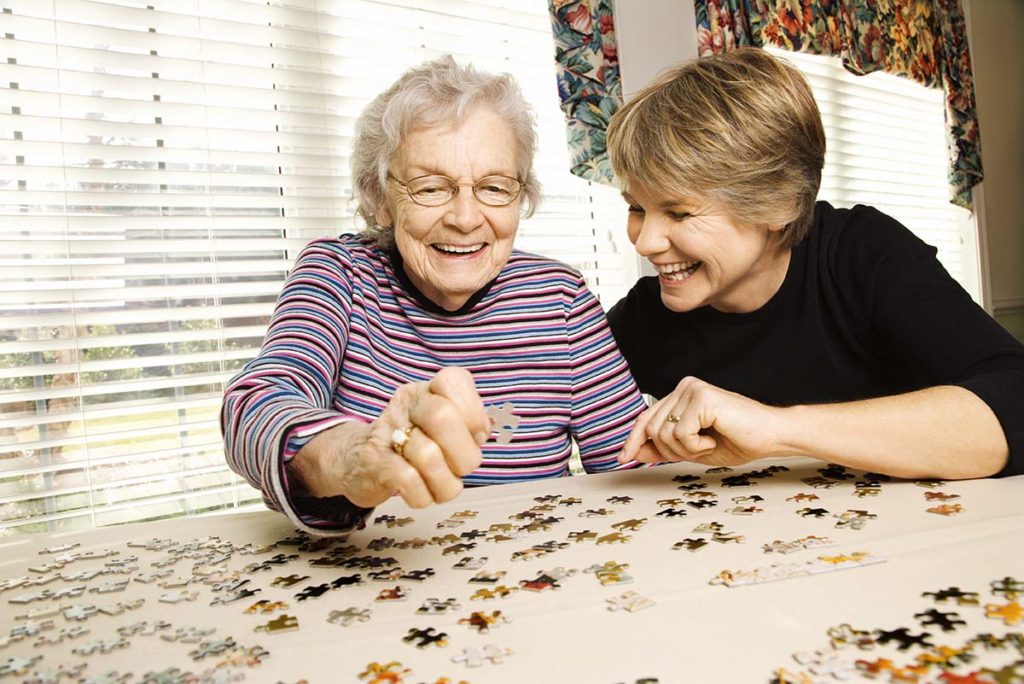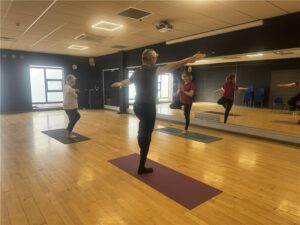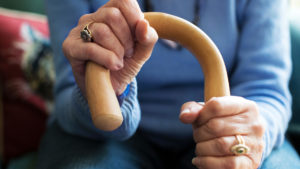Not Just a Hobby, Puzzling is a Mental Workout
Are you a puzzle enthusiast? Your puzzling hobby may be helping you in more ways than you thought.
Puzzling stimulates both sides of the brain, both the left, logical side as well as the right, more creative side. Medical science has shown that stimulating the brain makes it better, even if that brain is already affected by Alzheimer’s or Dementia.
We take a closer look at the 9 surprising benefits of puzzles for older adults and dementia.
9 Benefits of Puzzles for Older Adults and Dementia
1. Decreases Stress Levels
Jigsaw puzzles naturally help us to relax by allowing our brains to enter a state similar to that of meditation. Stress has a negative impact on cognitive decline and behaviours associated with people who have dementia. By immersing ourselves in a state of relaxed mindfulness while puzzling, we can better regulate distressing emotions.
2. Improves Short-Term Memory
When picking up a puzzle piece, you have to sort through the pieces to find the matching colour. Have you ever thought, “Ah Ha! I just saw a piece this colour, where did I put it?”
You are also remembering the picture of the completed puzzle on the box. Referring back to the picture in your mind’s eye and where you have places previous matching colour pieces, triggers your short-term memory and exercises the part of the brain that reinforces connections between brain cells.
3. Brighter Moods
Another benefit of puzzles is that they increase our brains’ production of the neurotransmitter, dopamine. This is a chemical that regulates mood and feelings of optimism, happiness, and satisfaction. It also affects memory, concentration, and motivation.
Dopamine is released every time we successfully solve a puzzle, even when we just get one piece in the right place. This encourages and challenges us to continue finding and fitting the next piece. This cycle results in a consistent release of dopamine and even higher levels of satisfaction.
4. Improves Problem-Solving Skills
Putting puzzles together involves formulating theories and using trial and error to determine which pieces fit together. This can significantly improve problem-solving skills, analytical and critical thinking.
A fun fact: The first jigsaw puzzles were maps, designed as a learning tool to teach geography in the 1760s.
5. Improves Visual-Spatial Reasoning
When completing a Jigsaw puzzle, you are looking at small puzzle pieces of different shapes, fitting shapes together, and then visually placing them within a larger image. By visualising objects and shapes, this enhances your spatial awareness and pattern recognition.
6. Social Interaction and Communication
Puzzles can easily be a solo activity, but they’re also fun to do with others. Building a puzzle together and achieving a common goal can be very satisfying, and creates opportunities for easy conversation, collaboration, and building friendships.
For older adults who are more isolated, prefer quiet environments, minimal social interactions, or struggle to communicate, this is an activity where any level of communication is appropriate. You can simply sit and puzzle in comfortable and relaxing silence, enjoying the company while building together.
7. Improves Dexterity While our Eyes Relax
Puzzles are a great way to exercise the small muscles in the fingers and eyes. While these are simple movements, picking up puzzle pieces, turning them over, and fitting them in their right place, they can still be quite a challenge. This is especially true for seniors who have experienced a stroke or who have arthritis.
Consistently using these muscles in the hands can help improve manual dexterity. Puzzling also gives our eyes a break from looking at screens and blue light, offering a natural way for our eyes to relax.
8. Improves Cognitive Ability
Puzzles are filled with different images, colours, and shapes that form one big picture. Organising these elements when putting puzzles together helps promote neuroplasticity. This is the ability of neural networks in the brain to generate new relationships and function in a different way. This helps positively influence our behaviours and improves our mental speed and thought processes.
9. May Delay Dementia and Alzheimer’s Disease
The causes of Dementia and Alzheimer’s are linked to many factors such as genetics, diet, medications, and stress. Doing regular puzzles is not enough to keep you from getting dementia, but keeping your brain active as part of a holistic healthy lifestyle can delay symptoms of dementia and Alzheimer’s disease. Numerous studies have shown that those who do word or number puzzles regularly perform better in cognitive domains compared to those who never use them.

How to Choose the Right Jigsaw Puzzle for Older Adults
With so many different puzzles available, it can be overwhelming to choose the right one for an older adult or an adult with dementia. The key is to find a puzzle that suits the person’s ability and has a picture they like and engage with.
Choose a Puzzle that Matches Ability
When selecting a puzzle, the general rule of thumb is “more pieces, more difficulty”. Remember, we want dopamine to be released. Choosing one that is too large, intricate, or challenging for the person’s ability can quickly lead to frustration.
Puzzles for Those with Cognitive Impairment
Seniors with mild cognitive decline or less severe dementia or Alzheimer’s disease can still have fun with puzzles. Choose one with a simple picture and fewer pieces.
The best puzzles are those that trigger positive memories, engagement, and communication. You can also consider a custom-made puzzle of family photographs, pictures of their favourite pet, food, or travel destination.
As your loved one’s memory loss progresses, puzzles may become more and more difficult to complete, so choose progressively simpler ones. Alzheimer’s Society sells different sizes and options on their online store.
Puzzles for Adults with Arthritis or Physical Impairments
When joints are swollen and painful, it can be hard to pick up the pieces of a jigsaw puzzle, luckily, there are options available. Many puzzles can be downloaded to a touch tablet or laptop, making puzzling more accessible to those with physical impairment.
A large-piece puzzle also makes it easier for older adults who have trouble with fine motor skills. If you’re not sure, start with a 50 or 100-large-piece puzzle. If they find that one to be too easy or too hard, you’ll know to increase or decrease the number of pieces next time.
Keep Calm and Puzzle On
At Christies Care, we are strong advocates for keeping the mind active and engaged. We also recognise the benefits that solving puzzles has on behaviours that challenge, mood, and memory. Despite cognitive or physical impairment, puzzling remains a significantly beneficial hobby for everyone to enjoy.












